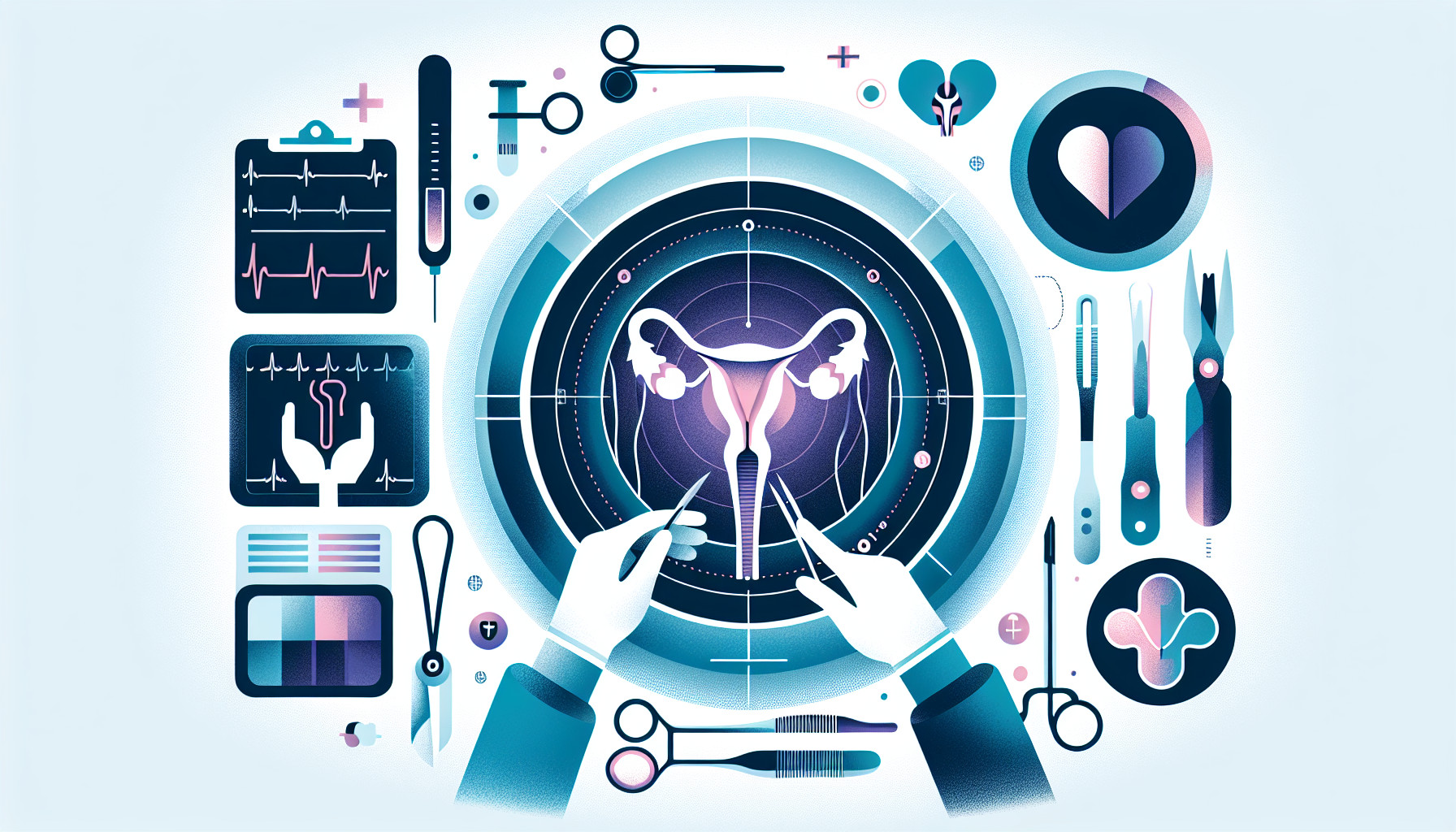Our Summary
This research paper looks at varicoceles, a condition where veins in the scrotum (the loose bag of skin that holds your testicles) become enlarged, similar to varicose veins that can occur in the legs. This condition is found in about 15% of men. The paper examines when it is necessary to treat this condition, what the outcomes are after treatment, and what methods can be used for treatment. It also aims to understand and compare the complications that can occur with each treatment method.
FAQs
- What are the indications for treatment of varicoceles?
- What are the various techniques for treatment of varicoceles?
- What are the potential complications associated with different approaches to varicocele treatment?
Doctor’s Tip
One helpful tip a doctor might tell a patient about varicocele surgery is to follow post-operative care instructions carefully to minimize the risk of complications and ensure a successful recovery. This may include avoiding strenuous activities, wearing supportive underwear, and taking prescribed medications as directed. It is also important to attend follow-up appointments with your doctor to monitor your progress and address any concerns that may arise.
Suitable For
Patients who are typically recommended varicocele surgery are those who are experiencing symptoms such as pain or discomfort in the scrotum, infertility issues, or testicular atrophy. Additionally, patients with a significantly enlarged varicocele or abnormal semen analysis results may also be candidates for surgery. It is important for patients to undergo a thorough evaluation by a urologist to determine if varicocele surgery is the appropriate treatment option for their specific condition.
Timeline
Before Varicocele Surgery:
- Patient presents with symptoms such as scrotal pain, swelling, or infertility.
- Patient undergoes physical examination and diagnostic tests (such as ultrasound) to confirm the presence of a varicocele.
- Treatment options are discussed with the patient, including the potential benefits and risks of surgery.
- Pre-operative preparations are made, such as obtaining consent, scheduling the surgery, and arranging for post-operative care.
After Varicocele Surgery:
- Patient undergoes the surgical procedure (such as varicocelectomy) to repair the varicocele.
- Patient is monitored in the recovery room for a period of time before being discharged home.
- Patient may experience some pain, swelling, and discomfort in the scrotum following surgery.
- Patient is instructed to rest and avoid strenuous activities for a period of time to allow for proper healing.
- Follow-up appointments are scheduled to monitor the patient’s progress and assess any complications.
- Patient may experience improvements in symptoms such as pain, swelling, and fertility outcomes following surgery.
What to Ask Your Doctor
- What are the potential risks and complications associated with varicocele surgery?
- What is the success rate of varicocele surgery in improving fertility and relieving symptoms?
- How long is the recovery period after varicocele surgery?
- Will there be any restrictions on physical activity or sexual activity after surgery?
- Are there any alternative treatment options for varicoceles?
- How many varicocele surgeries have you performed, and what is your success rate?
- What can I expect in terms of pain management during and after the surgery?
- Will I need to undergo any additional testing or follow-up appointments after the surgery?
- How long will it take for me to see improvements in symptoms or fertility after the surgery?
- Are there any lifestyle changes or precautions I should take after varicocele surgery to prevent recurrence?
Reference
Authors: Johnson D, Sandlow J. Journal: Fertil Steril. 2017 Sep;108(3):378-384. doi: 10.1016/j.fertnstert.2017.07.020. PMID: 28865535
